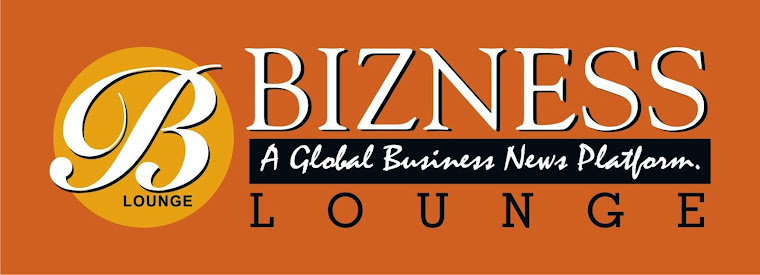The dollar traded 0.6 percent from an 11-year high against the euro after the Swiss National Bank roiled financial markets by unexpectedly scrapping the franc’s cap, spurring demand for safer investments.
The single currency headed for its biggest weekly loss versus the yen since April 2012 amid speculation the European Central Bank will announce bond buying on Jan. 22. The franc fell about 4 percent today versus the dollar and euro after surging as much as 38 percent and 41 percent against the currencies yesterday, respectively. A gauge of foreign-exchange volatility climbed to the highest in more than a year.
“Assets like the U.S. dollar and gold are going to be, at the margin, larger recipients of the safe haven flows which are going around,” Richard Yetsenga, head of
global markets research at Australia & New Zealand Banking Group Ltd. said in an interview on Bloomberg Television’s “On the Move” with Rishaad Salamat. “The fallout from this is not finished yet.”
The dollar traded at $1.1644 per euro as of 7:20 a.m. in London from $1.1633 yesterday, when it gained 1.3 percent and touched $1.1568, the strongest level since November 2003. It rose 0.3 percent to 116.53 yen, halting a five-day slide.
The single currency gained 0.4 percent to 135.69 yen paring its weekly loss to 3.3 percent.
The franc dropped 4.4 percent to 1.0184 per euro after surging to a record 85.172 centimes yesterday. Switzerland’s currency fell 4.3 percent to 87.49 centimes per dollar.
Volatility Surges
The SNB surprised markets at its policy meeting yesterday by abandoning its three-year-old cap of 1.20 per euro on the franc. Policy makers also reduced the interest rate on sight deposits, deepening a cut announced less than a month ago.JPMorgan Chase & Co.’s index of global currency volatility rose as high as 11.59 percent, the most since June 2013, up from last year’s low of 5.28 percent. Japan’s 10-year bond yield dropped to a record 0.225 percent after U.S. Treasury yields tumbled 14 basis points yesterday to 1.71 percent.
“With the Swiss central bank’s policy shift, the euro slid and the franc surged, creating a spike in volatility and that’s led to a risk-off trade,” said Kengo Suzuki, chief currency strategist at Mizuho Securities Co. in Tokyo.
The euro has tumbled 5.9 percent in the past month, the worst performer of 10 developed-nation currencies tracked by Bloomberg Correlation-Weighted Indexes. The franc jumped 12.9 percent, the yen gained 1.9 percent and the dollar rose 2 percent.
Euro Forecasts
The euro headed for a fifth weekly decline against the dollar before the region’s policy makers meet on Jan. 22 to discuss introducing new stimulus, including quantitative easing.“We’ve had an enormous and discreet and untradeable move in currencies, which has caught a lot of investors offside,” ANZ’s Yetsenga said. “It does seem the euro will be much weaker than we thought.”
The 19-nation shared currency will decline to $1.15 by the end of this year, according to the median estimate of a Bloomberg News survey of more than 50 analysts.
The Bloomberg Dollar Spot Index, which tracks the U.S. currency against 10 major peers, rose 0.1 percent to 1,137.81 after dropping 0.3 percent yesterday.

No comments:
Post a Comment